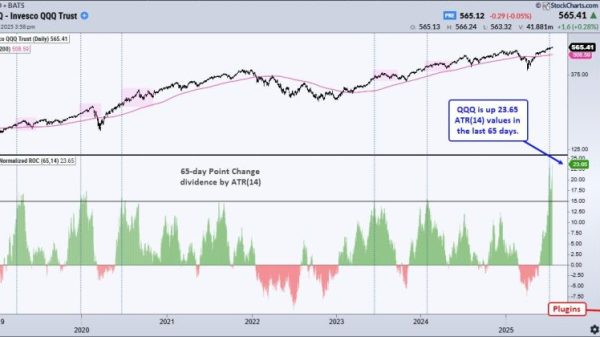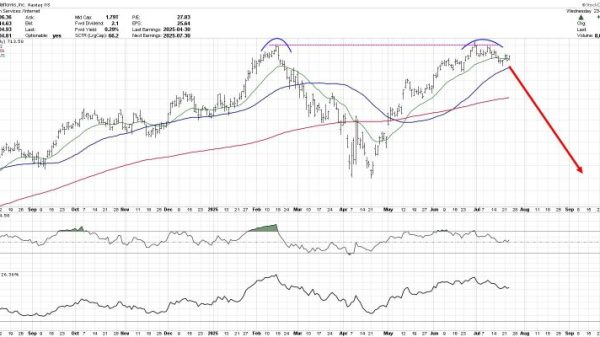The world’s first ovarian cancer vaccine could wipe the disease out, researchers have said.
OvarianVax is a vaccine that teaches the immune system to recognise and attack the earliest stages of ovarian cancer.
It’s being developed by scientists at the University of Oxford.
The hope is that women could receive the jab preventatively on the NHS with the goal of eradicating the disease.
Experts have suggested it could work in a similar way to the human papillomavirus (HPV) jab, which is on track to stamp out cervical cancer.
Professor Ahmed Ahmed and his team at the ovarian cancer cell laboratory at MRC Weatherall Institute of Molecular Medicine at the university are working to identify cellular targets for the vaccine.
They will establish which proteins on the surface of early-stage ovarian cancer cells are best recognised by the immune system and how effectively the vaccine kills models of the disease in a lab.
Then they can take it to human clinical trials with people who have BRCA gene mutations – which massively increase the risk of ovarian cancer – and healthy women too.
Cancer Research UK is funding the study with up to £600,000 over the next three years.
Asked if ovarian cancer could be wiped out with the new jab, Professor Ahmed said: “Absolutely – that would be the aim.
“We still have a long way to go but it is a really exciting time. I’m very optimistic myself.”
Presently, there is no screening test for ovarian cancer, which is often diagnosed late because symptoms like bloating and no appetite can be vague.
Women with BRCA mutations, such as actress Angelina Jolie, are known to be at high risk.
Almost 45% of people with an altered BRCA1 gene and almost 20% with an altered BRCA2 gene will develop ovarian cancer by the age of 80, compared with just 2% in the general population.
Currently, women with BRCA1/2 mutations are recommended to have their ovaries removed by the age of 35, which means they go through early menopause and cannot have children in the future.
There are around 7,500 new ovarian cancer cases every year in the UK, with BRCA mutations accounting for around 5-15% of these.
Professor Ahmed said BRCA mutation carriers could benefit greatly from the new vaccine because “they wouldn’t then have to have their ovaries removed”.
He added: “I am optimistic because we are talking about preventing the very first few cancer cells that develop – and not trying to cure or treat or prevent the tumour coming back.
“I’m hoping that, because the number of cells that we will be targeting is quite small, we will have success.
“We’ve seen success with the HPV vaccine – it’s really, really incredibly effective.”
While the “full-blown timeline” for the vaccine being approved “might be many years away” the visible impact could be sooner.
Professor Ahmed added that, through clinical trials, he would hope to start seeing the vaccine’s impact “in four or five years on the healthy population”.



























